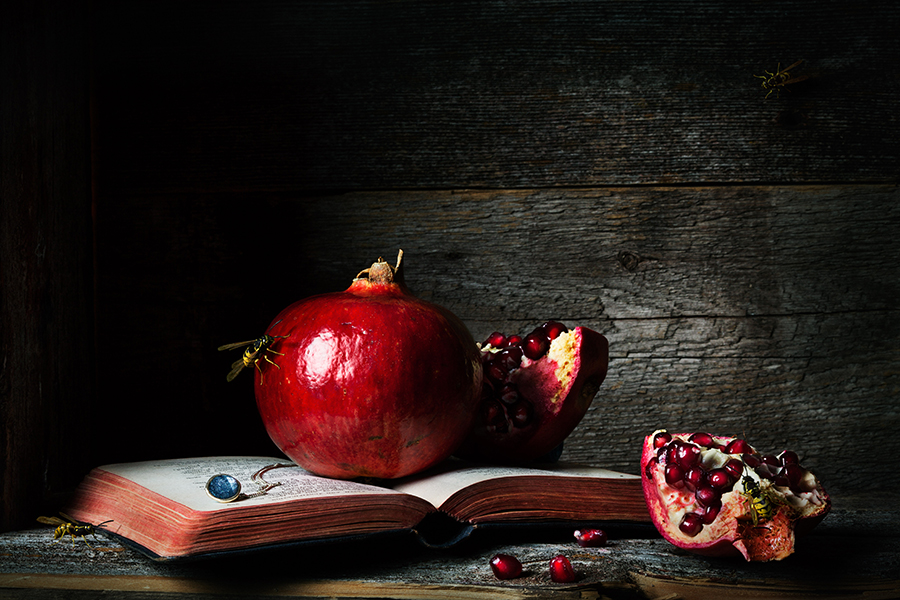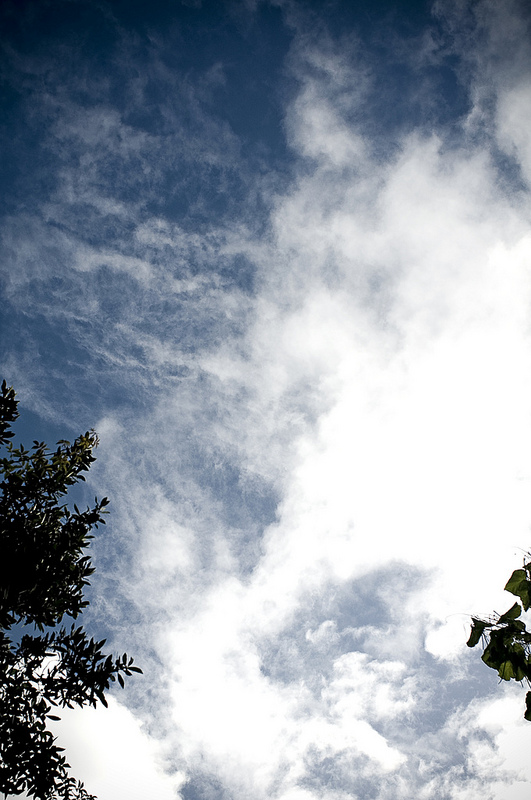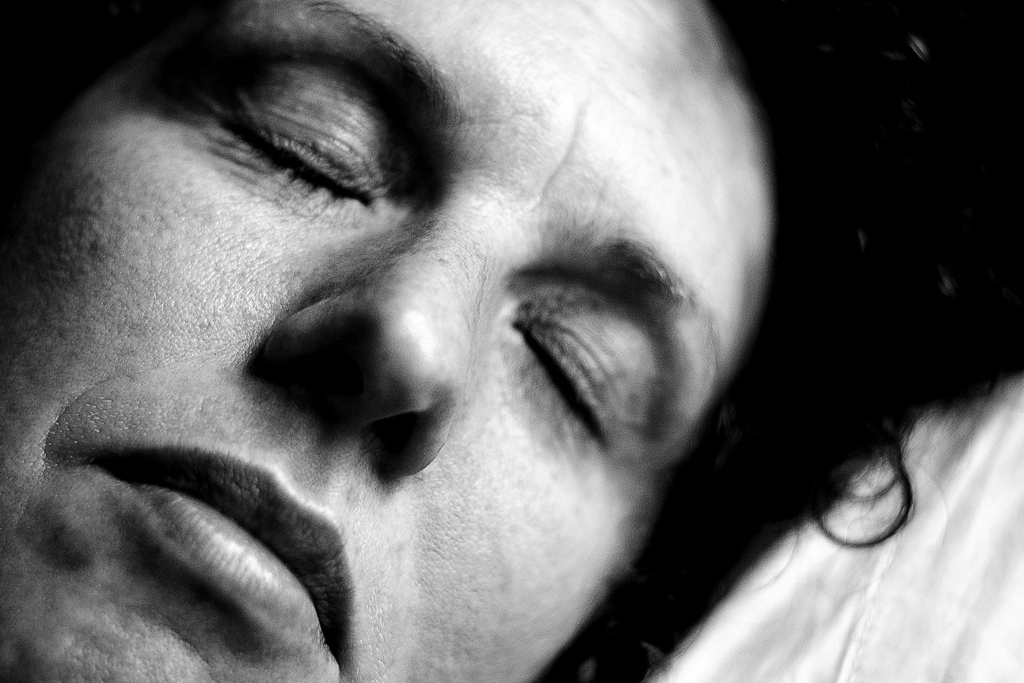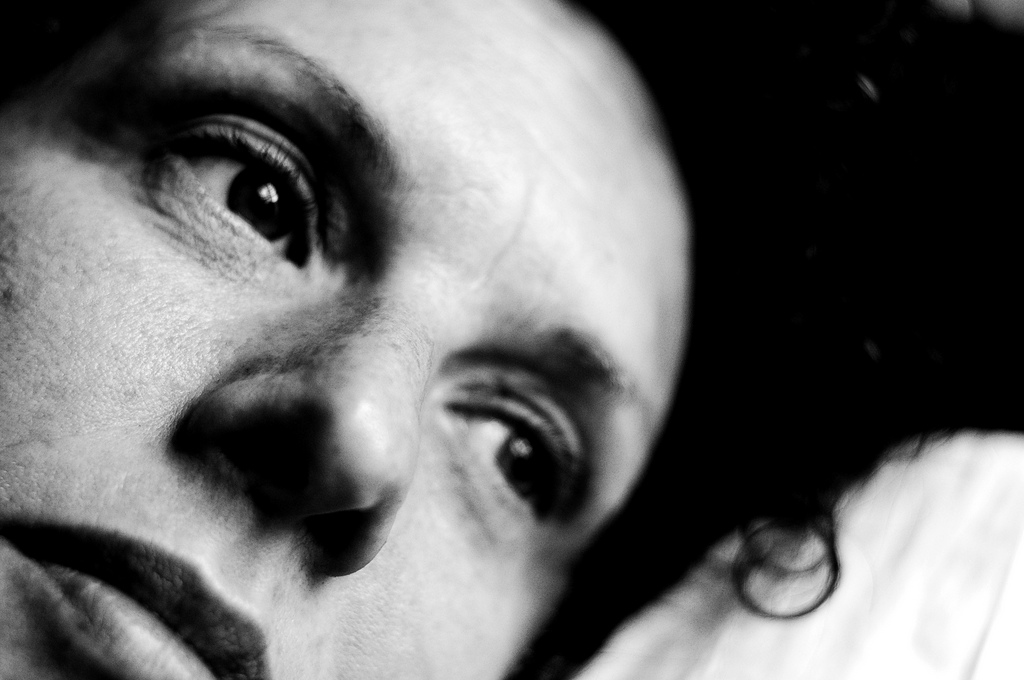I decided it was time to interview some photographers and find out what drives them to take pictures. The compelling image below is by Kim-Leng Hills whose personal story is an inspiration, as is her work.

What or who got you in to taking photographs ?
I was about 16 and was working my way towards being an illustrator, I was obsessed with drawing and had just been accepted at at the century old Byam Shaw School of Art. I loved observing people, situations, life, everything around me. I'd get my friends to model for me, and I'd see if I could draw them as precisely and quickly as possible using inks. My Dad gave me his 1970's Cosina SLR and I would sneak out of school to go venturing with a friend of mine round the whole of North Kent, photographing onto Ilford film as we went. When the film had been processed, I'd then turn them into illustration infused images. Drawing over photographs with inks.
I also had an obsession with Jackson Pollock. I used to take the train to London to sit at the Tate and stare at 'Summertime Number 9A' seeing if I could find something new about it the longer I stared at it. I loved how Pollock would devote his mind into the language of movement and lines, completely creating ground-breaking work that had never been seen before. It was seeing a black and white photograph captured of him by photographer Hans Namuth that triggered my passion for Photo-documentary. As soon as I got my first debit card, I bought a Hans Namuth photograph of Jackson Pollock painting in his barn.
What sparks your imagination and inspires you ?
MUSIC! My Dad worked on the pirate radio station, Radio Caroline, and as a child I grew up listening to a wide variety of music and playing the piano, violin and the guitar. If you'd asked me who my favourite band was when I was 7, you would've gotten "The Mamas & Papas, Queen, Holst, Elgar and Debussy" as an answer. In my head, they all went together. So music has always been there as a lifeline for me throughout my entire life.
My Dad. As I've grown older, I've discovered more of his work he's kept hidden and not really shouted about. Turns out he loved making his own films and had produced a series of super-8 films of life in Malaysia when he'd met my Mum, and had put his own music to the footage. His photographic work is also incredible. Finding gems like these that have allowed me to learn more about my family over the years has definitely inspired me to keep going with my own work.
I could list a vast number of Photographic artists who inspire me, but if anything, its the people that I meet who inspire me the most. I teach full-time at the moment too, so surrounding myself with 11 to 18 year olds is one of the most inspirational places I've had the joy of being in for 12 hours a day!
The last exhibition you saw that you'd recommend ?
The last Photography exhibition I went to was Tom Stoddart's 78 Perspectives at London Riverside last Summer. Each image either made me want to weep or gave me goose-bumps. Photo-documentary can create a huge impact when used in the right way. I ended up orbiting this exhibition for about an hour; the work was mesmerising and most definitely life affirming.
What projects are you working on now ?
Currently, my life revolves around teaching full-time at a new Creative Media secondary school in London. On the weekends or evenings, I'm working on composing the score and sound design for a new theatre production by Alex Gwyther called 'Our Friend The Enemy' based on the Christmas Truce.
Photography-wise, I am often over in Devon with EarFilms helping document the development of their beautiful story-telling company. I co-run a non profit organisation known as Art Is The Cure.
What has photography taught you ?
That photography can start mass community projects, and is an excellent way to challenge yourself. Through photography I have achieved dreams I've never thought would happen, such as making a book with Kevin Spacey and Steve Lazarides, meeting and working alongside Eddie Izzard, or giving lectures for the Tate Galleries.
Film or digital ?
Film. It's organic. The process of having to develop your own prints connects the photographer to the entire 'way' of photography. Generations miss the opportunity to know what it's like to have to wait. I teach students that once upon a time, we used to have to wait a week before we could see our images.
What matters most to you, how a photo looks or how it how it makes you feel ?
Both. When I photograph something, the image will come across a hell of a lot stronger if I've connected to the subject in the first place. It's why I love photographing live performance more than I do Fashion or Commercial. If the subject is interacting with the camera, if they are in their element, a moment where they're staring off into space, or reflecting any essence of themselves, then the image will be powerful. Technique can dance around how the subject 'performs', with practice; the technical side of things becomes second nature, and your brain and fingers and doing everything without you having to think about it. All you care about is coining the Decisive Moment as Henri Cartier Bresson so perfectly put it. The most powerful images can often come about completely unexpectedly.
Can photography heal ?
The notion to 'heal' can possibly mean to resolve something, or to perhaps create a sense of inner peace or calm. I strongly believe that photography can do that. For a start, it makes you stop, shut up, and just look, right? It makes you study something in detail and it also evokes some form of emotion. Take a look at Tom Stoddart's work for example; it's shot with the purpose of finding beauty within the pain. Then there's someone like Gregory Crewdson who will get an entire neighbourhood to create a photographic scene, working with these people for however long the project takes.
Photography has helped me face my own self-doubts. During times of great suffering I have picked up my camera, climbed mountains and battled hail storms. It has taken me to where Ansel Adams found his inspiration, made me really stop and look. And feel. And put the camera down.
In what ways is photography exploitative of its subject matter ?
I remember when I first started working with the incredible teens at Teens Unite Fighting Cancer. These amazing people were dealing with life-limiting illnesses and teaching me so much about life and what they go through every day. Then there were strangers I met on the street, be it workers or the homeless. I was constantly inspired and wanted to begin a guerrilla project of plastering their faces on walls during the night, so that when the people of London awoke, they would suddenly see faces of ordinary people looking over the city. I wanted to share their stories and call it "Invisible Heroes". I had the backing of ITV in collaboration with my organisation Art Is The Cure and it was one of the first projects [my Director] Rich and I wished to do about 3 years ago, but eventually fell through simply because of the idea of 'exploitation'. I wanted to show the fact that we all struggle, we all have our stories to tell.
How well can photography depict the truth and/or expand our knowledge of a world we do not know and have not seen ?
Take Jeff Wall for example -- how he cleverly gets actors to re-enact scenes, or to create false moments, but photographs them in such a way that they seem genuine and/or following what conforms to a Decisive Moment. It simply underlines the fact that we can so easily take a photograph as truth regardless of it being manipulated. I am constantly fascinated by impermanence and the fact that everything is constantly changing. Photographs can be said to capture 'evidence' of what something looks like, or once looked like, in order to educate us of what is 'fact' and what is 'fiction'. Because we can see it, we tend to believe it.
Finally, please complete this sentence 'I love taking photographs because.....'
I love taking photographs because I love going into another world and feeling a part of me become 'freed'. When I first started getting into photography, I realised I fell in love with being able to spot things other people usually missed. It's why I loved Street Photography so much. I could easily walk around unnoticed and capture things with a telephoto lens, or a fixed 50mm, and get images of situations or moments that no one else had realised was going on. Then when you look at the image for even longer, you suddenly notice other parts about it too. I think part of me is drawn to capturing the human spirit; what keeps us alive, what keeps us buzzing, and how we treat ourselves and each other. Maybe that's what draws me to photographing the devastating and beautiful aspects of human life. From professional dancers, straight through to famous artists, or a random act of kindness.









